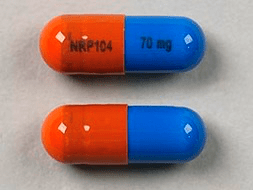Vyvanse Coupon & Discounts
Save on Vyvanse at your pharmacy with the free discount below.

Your prescription discount
Savings with Familywize discount up to:75% OFF
Privacy Protected
Never Expires
Claim your free Vyvanse discount


About Vyvanse
- What
- How
- Missed Dose
- Overdose
- Precautions
- Side Effects
- Storage
- Additional Info


- Sarah Proctor - Austin, TX
About Vyvanse
- What
- How
- Missed Dose
- Overdose
- Precautions
- Side Effects
- Storage
- Additional Info